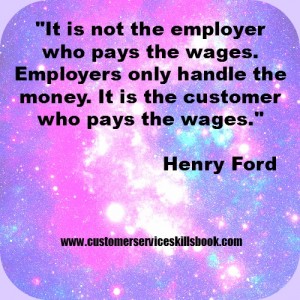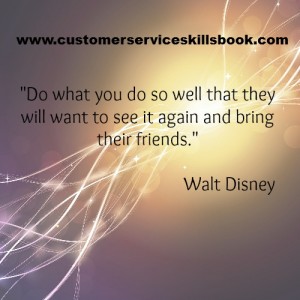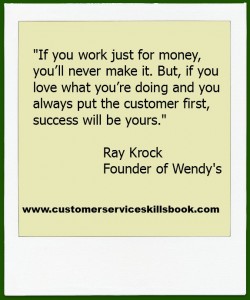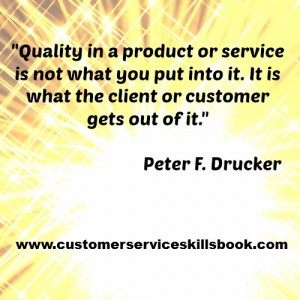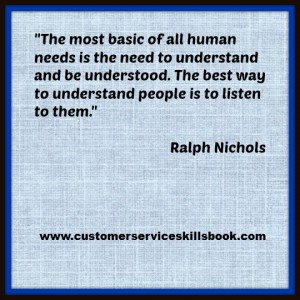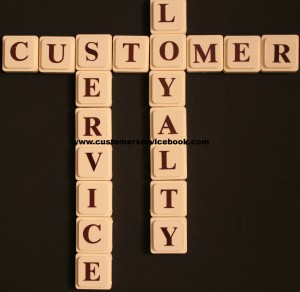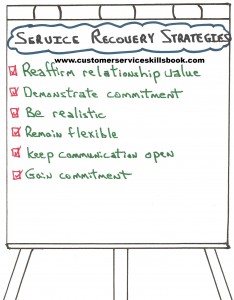Customer Service Quote – Henry Ford
The phrase quality customer service is often bantered around in organizations. While some employees strive to deliver the best customer service possible, others simply show up for work and go through the motions. Likewise, some supervisors and managers are satisfied with just meeting minimal standards and do not continually look for ways to improve the system and enhance the customer experience.
It is a shame that in an economy where good jobs are hard to find, many employees are just “waiting to get another job” instead of dedicating themselves to give the best customer service possible each day. What these people fail to realize is that when they slight their internal and external customers by providing minimal effort, they not only taint the reputation of the organization and cost it money; they also damage their own professional image and limit opportunities and rewards for themselves at the same time.
Henry Ford summed up the reason to develop and maintain a customer-centric organization when he said the following:
“It is not the employer who pays the wages.
Employers only handle the money.
It is the customer who pays the wages.”
– Henry Ford
For ideas and strategies on how to effectively create and maintain a customer-centric organization, get a copy of Customer Service Skills for Success and How to Be Great Call Center Representative.
About Robert C. Lucas – An Award-Winning Author and Customer Service Expert
Bob Lucas has been a trainer, presenter, customer service expert, and adult educator for over four decades. He has written hundreds of articles on training, writing, self-publishing, and workplace learning skills and issues. He is also an award-winning author who has written thirty-seven books on topics such as, writing, relationships, customer service, brain-based learning, and creative training strategies, interpersonal communication, diversity, and supervisory skills. Additionally, he has contributed articles, chapters, and activities to eighteen compilation books. Bob retired from the U.S. Marine Corps in 1991 after twenty-two years of active and reserve service.
Make Money Writing Books: Proven Profit Making Strategies for Authors by Robert W. Lucas at Amazon.com.
The key to successfully making money as an author and/or self-publisher is to brand yourself and your company and to make yourself and your book(s) a household name. Part of this is face-to-face interaction with people at trade shows, library events, book readings, book store signings, blogging or guest blogging on a topic related to their book(s). Another strategy involves writing articles and other materials that show up online and are found when people search for a given topic related to a topic about which the author has written.
If you need help building an author platform, branding yourself and your book(s) or generating recognition for what you do, Make Money Writing Books will help. Bob’s popular book addresses a multitude of ideas and strategies that you can use to help sell more books and create residual and passive income streams. The tips outlined in the book are focused to help authors but apply to virtually any professional trying to increase personal and product recognition and visibility.
In my book Customer Service Skills for Success, I define customer service as “the ability of knowledgeable, capable, and enthusiastic employees to deliver products and services to their internal and external customers in a manner that satisfies identified and unidentified needs and ultimately results in positive word-of-mouth publicity and return business.”

